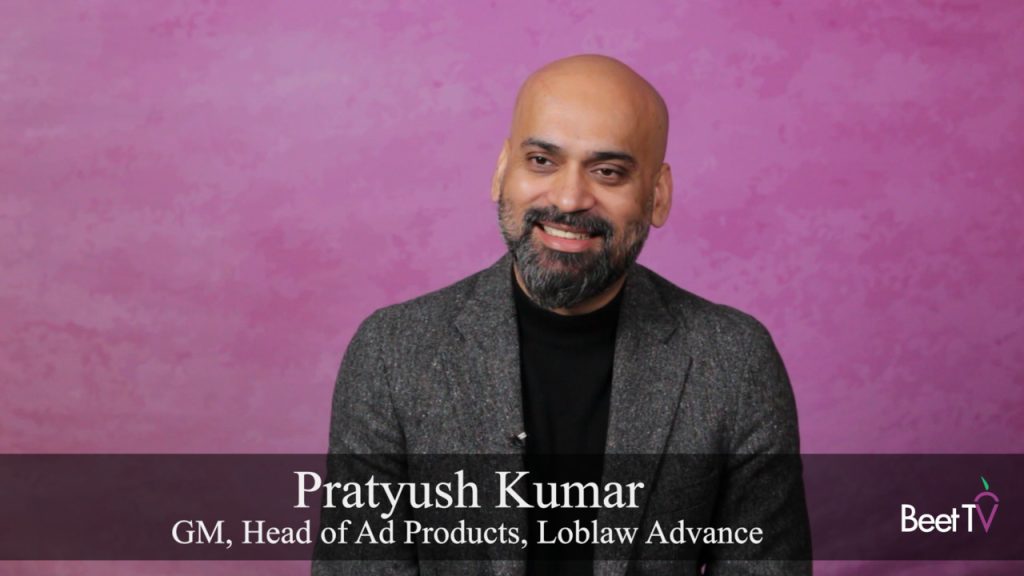
MIAMI – The increasing availability of data that help to more fully inform marketers about the consumer journey to purchase is helping agencies to better communicate their value to clients and could advance compensation industry schemes toward more pay for performance.
Still, there remains the eternal juggling act between the expectations of client marketing teams and their procurement people: effectiveness versus efficiency. Having access to reams of real-time information about consumers and their actual purchase behavior help to drive these conversations in a meaningful direction, believes Marla Kaplowitz, CEO of MEC North America.
“We have access to over 200 million uniques and we can look at over 40,000 attributes and connect them in with clients’ first-party data,” says Kaplowitz, who was interviewed at the annual Transformation conference of the American Association of Advertising Agencies. “It’s beyond the intent piece to what was that behavior, did they take action, did they buy.”
With this as a backdrop, Kaplowitz hopes to see “value put back on the agency side” and mutual trust reinforced as agencies are able to demonstrate the value of media and not just the creative message. Adequate compensation is necessary “to ensure that we have the ability to invest in our own people and in tools and systems that we need to make sure that we can grow and deliver what we need to for clients.”
She is excited about short-form video—particularly vertical video—and hopes the industry can stop focusing on the classic 30-second message and concentrate on creating video messages customized for the environment in which they will be viewed.
“If you look at Facebook, they’ll tell you three seconds counts as a completed view. It’s pretty hard to get something across in 3 seconds unless you’re just doing a quick logo recognition,” Kaplowitz observes. “Some environments may be better for long form and others are better for short form or quick hits. It depends on what your objectives are and what you’re trying to communicate.”
In any event, recruiting young talent to agencies and then keeping them could be the biggest challenge of all, given the peripatetic nature of today’s workforce.
“We’re putting different initiatives in place, but we’re also recognizing that we have to think differently about that entry level,” Kaplowitz says. “And in maybe two to three years we just have to accept that they’re going to move on and do other things and hopefully they’ll boomerang and come back to us.”
This video was recorded at the 4A’s Transformation conference in Miami. For additional interviews, please visit this page. Beet.TV’s coverage of the 4A’s was sponsored by The Trade Desk.


























